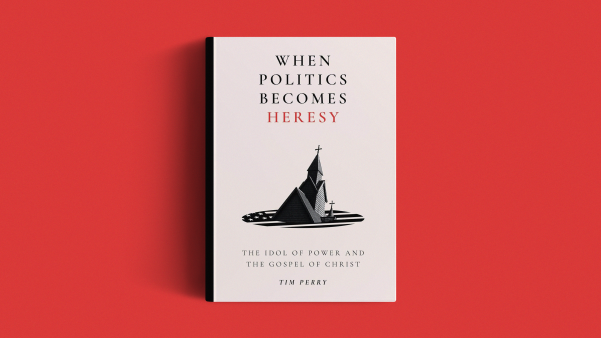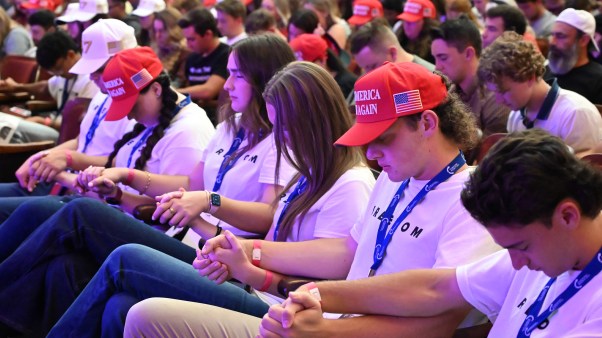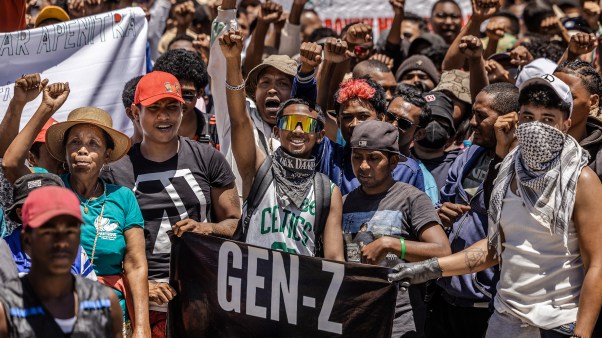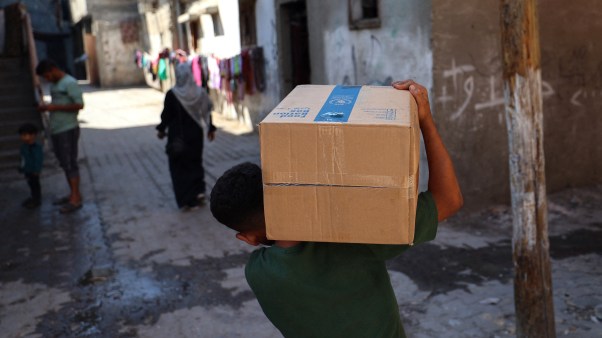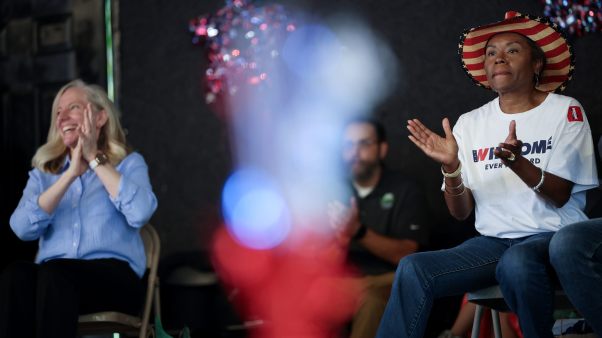The China Christian Council (CCC), a national association of registered churches, has severed its ties with the Southern Baptist Convention (SBC) because of its alleged “clandestine” missionary activity.
But the council’s action is not expected to trigger the ouster of eight SBC missionaries working through the CCC. Avery Willis, senior vice president for overseas operations with the SBC’s International Mission Board (IMB), traces the disagreement to Southern Baptists sharing their Christian faith while working in professional capacities throughout China. There are 14 such individuals, most of them on two-year assignments. “I think this is strictly an isolated situation,” Willis says. “It’s not new. Ten years ago we talked about the same thing.”
The dispute boiled over in November when the CCC posted a letter on the Internet announcing an end to the relationship with the IMB. The agreement between the Foreign Mission Board—renamed the IMB during SBC’s massive restructuring (CT, Oct. 17, 1997, p. 96)—had only been formalized in July 1996.
CRITICISM FROM CHINA: In the letter, council president Wenzao Han said the CCC and its government-sponsored Three-Self Patriotic Movement (TSPM) have always followed the principle that all church work should be open and above board.
In his letter, Han expressed disappointment that the IMB has, “without consulting us, adopted a ‘two-track approach’ vis-a-vis China.
“In this view, while not giving up its ‘partnership’ with the CCC as the ‘open’ track, [IMB] will try to give major attention to a clandestine track, through which church workers from abroad are secretly sent to China to carry out ‘missionary’ work as dictated by the IMB.”
Such people do not make their mission-board relationships known to the CCC or the government, he said. Han expressed respect for SBC missionaries who had resigned “rather than be a party to IMB deception.”
SOME STEP DOWN: While three SBC career missionaries stepped down after the council’s announcement, Willis maintains the agency is caught in the middle of the dispute between Christians who believe in working through official channels and those who consider that an unacceptable compromise.
The CCC insists that it is the exclusive channel for any Protestant worker coming into China for religious purposes. Yet, Willis notes, thousands of Christians are bearing a Christian witness in such professions as school teacher or humanitarian aid worker. “Anybody related to [the SBC] is legally in the country at the awareness of the Chinese government, not for religious work, but for humanitarian projects,” Willis says. “We don’t feel we’re being secretive in that sense.”
While the status of the eight career missionaries is unclear, the Southern Baptist official says the CCC has hinted that it would like them to remain in the country to work with other organizations or churches.
The former liaison for SBC short-term missions work in China is disturbed by what he sees as the IMB’s casual treatment of the matter, saying the agency has turned its back on earlier pledges to cooperate with Chinese leadership.
Britt Towery says he took early retirement in 1992 after 30 years as a missionary rather than accede to SBC policy. He insists that China’s government is not trying to “smash” the church as the Soviet Union did.
“This is dishonest. It’s the wrong way to share the gospel,” Towery told CT. “You don’t have to sneak around like you do in a Muslim country. It’s why we’ve got to be above-board.”
HOUSE-CHURCH POLICY: Internal Chinese government documents have surfaced recently disclosing that high-level Communist party leaders are determined to shut down unregistered meetings of Christians, which typically take place in homes. Under Chinese law, the government-controlled Catholic Patriotic Association (CPA) and the TSPM for Protestants are the only legal religious organizations for Christians.
Documents written by the government-controlled New China News Agency and distributed to top officials demonstrate that the government has taken steps to close unofficial churches. According to the reports, the Communist Party Committee in Hebei Province has largely brought the underground Catholic church under direct control of the atheistic government’s CPA. “It has successfully prohibited a series of large-scale illegal religious meetings, scattered the leadership structure of the underground forces, and, in accordance with the law, sealed up and destroyed the churches and meeting points of the underground forces,” the dispatch states.
In Liaoning Province, grassroots Communist party units have been able to “resolutely exterminate illegal Protestant and Catholic organizations, and split and destroy their underground forces,” according to the document.
However, in Henan Province, “illegal” activities, especially evangelical house churches, continue to increase because local Communist party control is unstable. Underground Christians are meeting in 112 of the 130 cities and counties in Henan, the government reports.
Copyright © 1998 Christianity Today. Click for reprint information.




